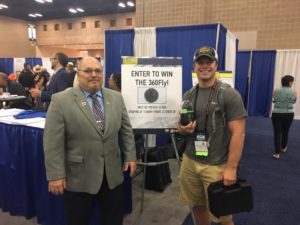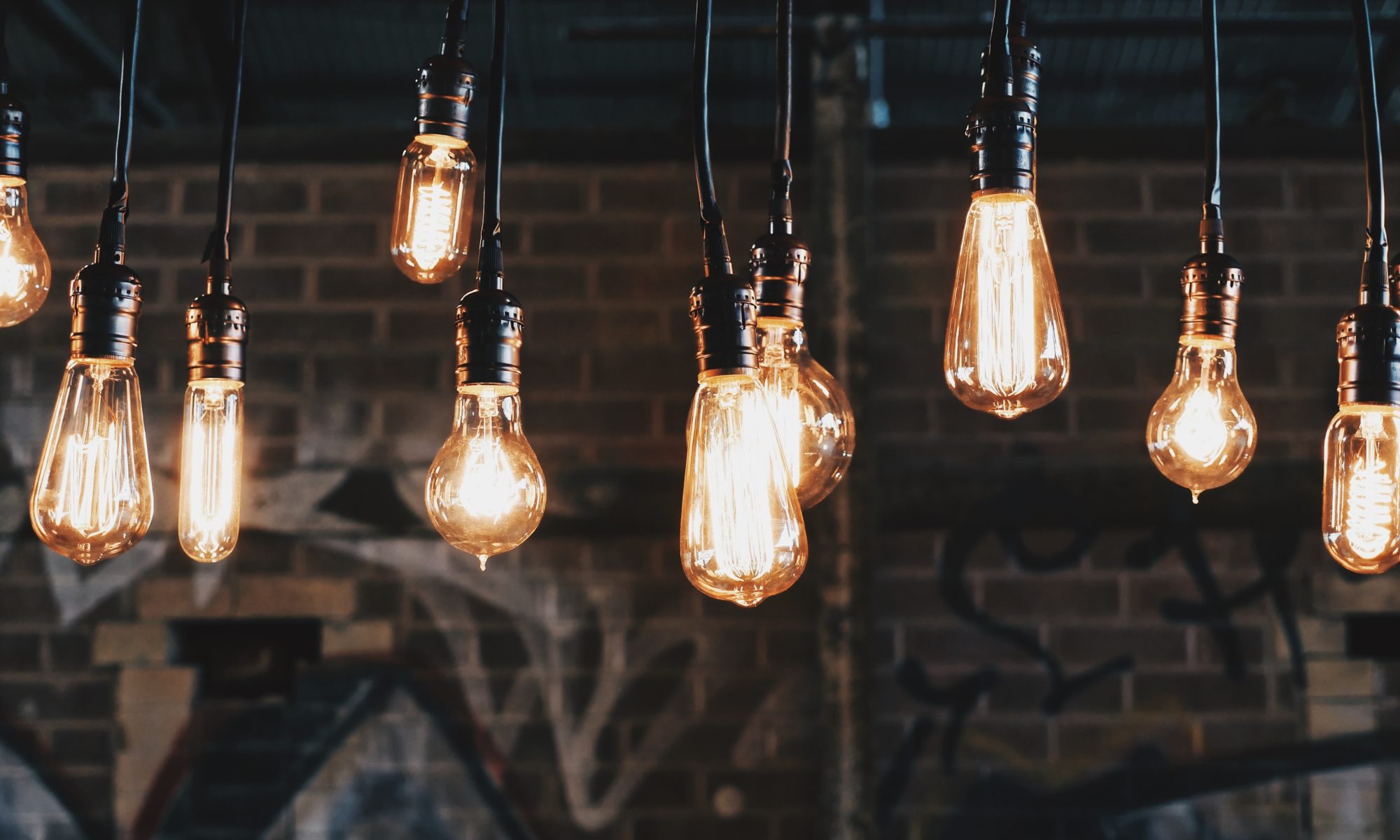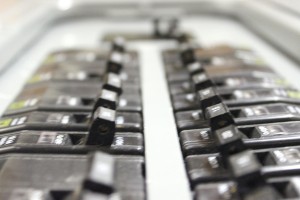Mikkel’s success as top student in his class motivated us to check out IEC CON in San Antonio this year. We brought 5 of our staff to the event, which was full of great education opportunities and also some fun events! We feel a new energy in the company after the event, as we have many ideas to implement toward improving our knowledge and service to customers. We look forward to a better Specialized Electric each year and hope to take advantage of this opportunity in the future.
Is Your Electrical Panel Safe?
Are you aware of the possible fire hazard of these panels? If you have one, be sure to read about it:
Many old-style distribution panels can be considered fire hazards, especially those with screw-in fuses. The contact points can degrade and often, oversized fuses are mistakenly installed, causing the potential for high currents on smaller grade wire. This can cause the conductor to overheat and the insulation to break down, which can be a fire hazard. In many areas, insurance companies will not renew homeowner’s insurance if the home is equipped with an electrical distribution panel that has screw-in fuses.
There are also some types of electrical panels that have been reported to fail calibration test requirements. There are several expert opinions about panels made by Federal Pacific and Zinsco. According to Douglas Hansen, Code Consultant, Expert Witness, Instructor, and Author (CodeCheck Series, “FPE Panels – Hazard or Hype?”):
Federal Pacific panels have at least five design issues that are no longer allowed by code: the gutter space, the wire bending space, spring-mounted bus, breakers that are on when down, and the split bus service equipment. These issues mean that a panel that has been sitting on the hardware store shelf for 20 years would not meet today’s code, despite the UL listing of the panel at the time it was manufactured.
We recommend that our customers who have these panels investigate the data that is available regarding the safety of these panels.


